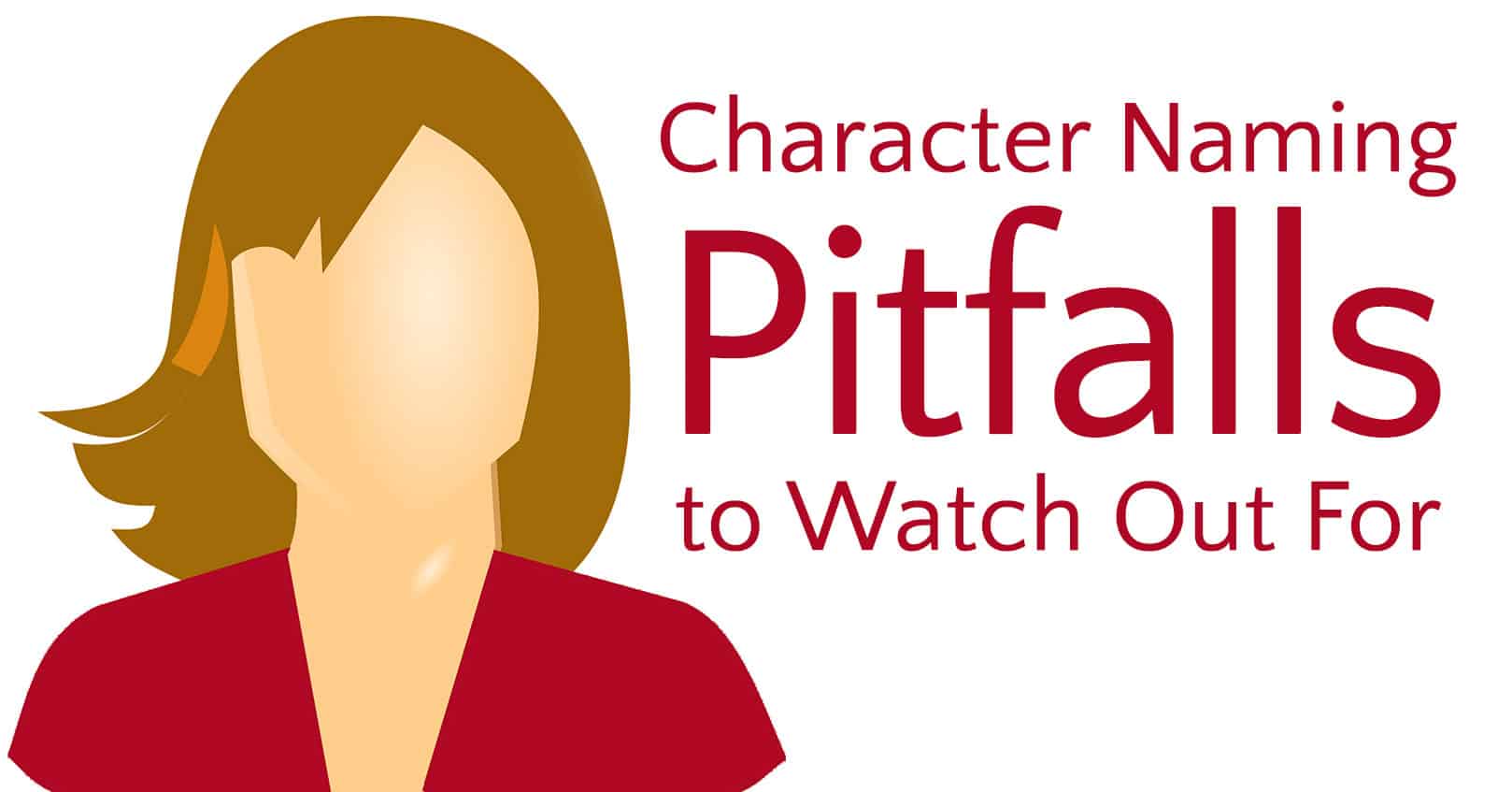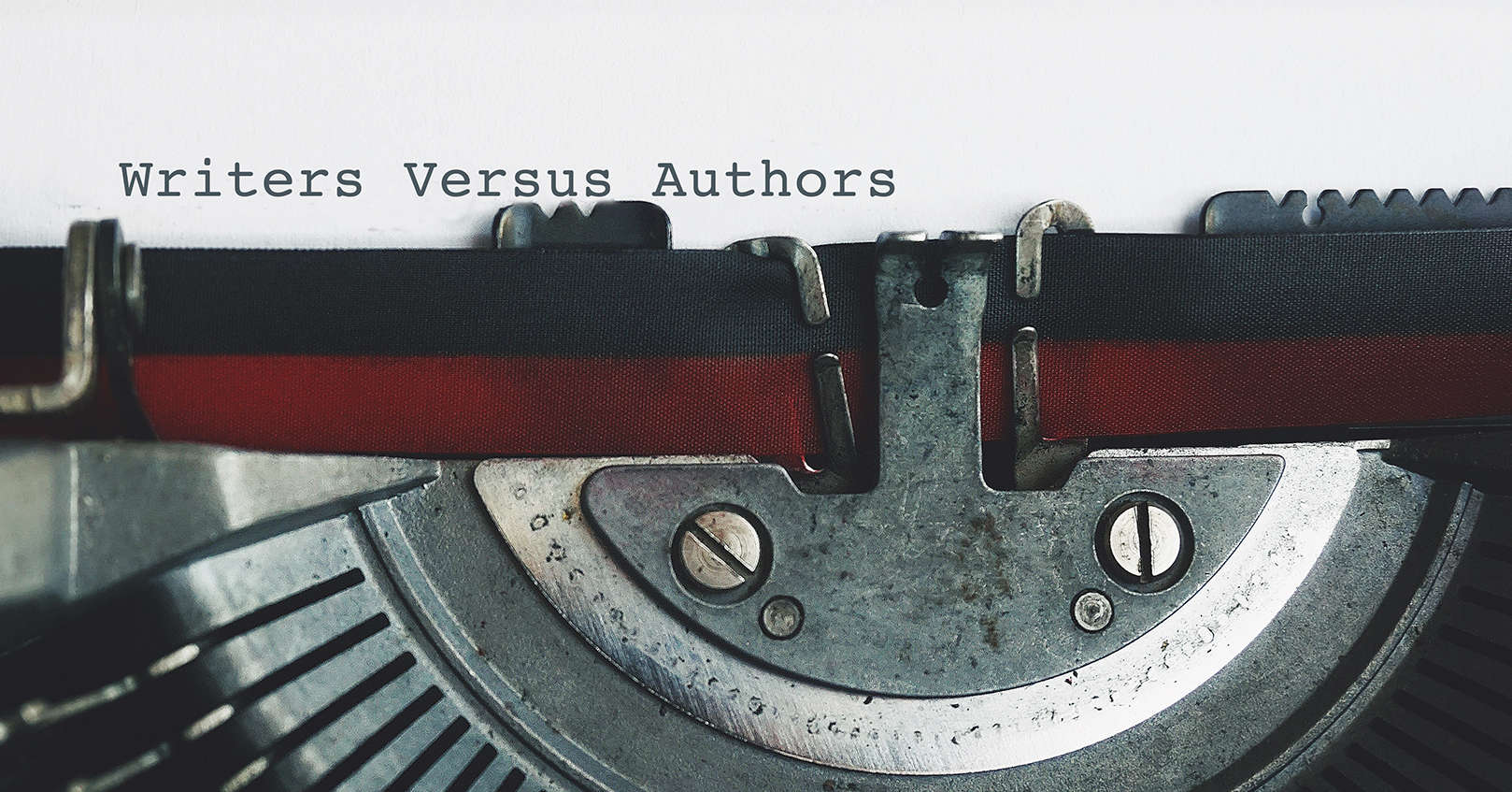
Characters names can help make your book memorable, but naming your characters can be a lot of work when you do it well. Here are some character naming pitfalls to watch out for.
Using an Unpronounceable Name
Readers can’t talk and gush about your book if they can’t pronounce a character’s name. An unpronounceable name is also hard to remember and keep straight, which will make it difficult for your readers to be pulled into your story.
Using Similar Sounding Names
Even if names are pronounceable, readers still won’t be able to keep the characters straight if their names are too similar. Carrie, Claire, Casey, Conrad, Corey, for example, are all too similar. Major characters or characters who often appear in the same scene together should have names that start with different letters, and they shouldn’t rhyme either. Using multiple names that have the same number of syllables can also be confusing.
In the case of twins or other characters whose names are supposed to be similar for the storyline, using an uncommon name for one of these can help readers keep the characters straight. Just make sure it’s not too odd or unpronounceable.
Using Strange Spellings of Common Names
Unless your character is a flower child and the weird spelling of his or her name is part of their character, using strange spellings of common names looks contrived and a bit silly. Yes, slight differences are completely all right and will be overlooked, especially when it’s only one character, but a book full of characters with flower-child spellings is unrealistic.
In fantasy and science fiction unusual spellings are more the norm. If you make the spelling changes consistent and the names pronounceable, readers will be happier. Using a slightly unusual name or one from another era often has the same effect, however, so not all your characters’ names need apostrophes or some other odd spelling for even speculative books.
Giving Every Single Character a Name
One way to help readers keep character names straight, and thus not get distracted from your story, is to not name characters that don’t need to be referred to by name. For instance, how many times do you honestly know the checker’s name at the grocery store? Or even the neighbor’s name who lives down the street and waves each day as you pass in your car? This might not happen in a small town, but in a large one, you don’t need to go into names. You can make that character memorable in other ways (physical mannerisms or dress, ect.)
Using Names that Don’t Fit the Character’s Culture or Ethnicity
A French man generally wouldn’t be named Cheng and an English man probably wouldn’t be named Ferdinando. Readers will notice these inconsistencies unless you do a bit of explaining. If that takes you away from plot and action without good reason, you might lose readers.
Using Names that Don’t Fit the Character’s Personality
While this sort of thing happens in real life all the time, it’s strange to encounter it in fiction (and in real life, people who have names that don’t fit often end up going by a nickname). On the flip side, you could purposefully name a character a name that doesn’t fit, as long as those around him notice it—maybe they make fun of it, or maybe he introduces himself by a nickname.
Some Extra Tips:
- Don’t be afraid to use “normal” names.
- Try making characters more unique by paring a regular first name with a less normal last name.
- Use names that are typical for the time period you are writing in.
- Keep in mind that a character’s name can influence how they think of themselves if they share a name with someone famous in your story.
- Try saying your characters’ names (first and last) out loud to see how they sound when spoken.
- If you want to use a name from a different language, be sure to look up what the translation of the name is before committing to it.
Do you have any character naming pitfalls or tips to share? We’d love to hear in the comments below!
















I found it helpful to look up top 100 baby names for a particular year. So for my UK characters I set their birth year to match the story timeline, searched for that year and it comes up with a list that fit the time.